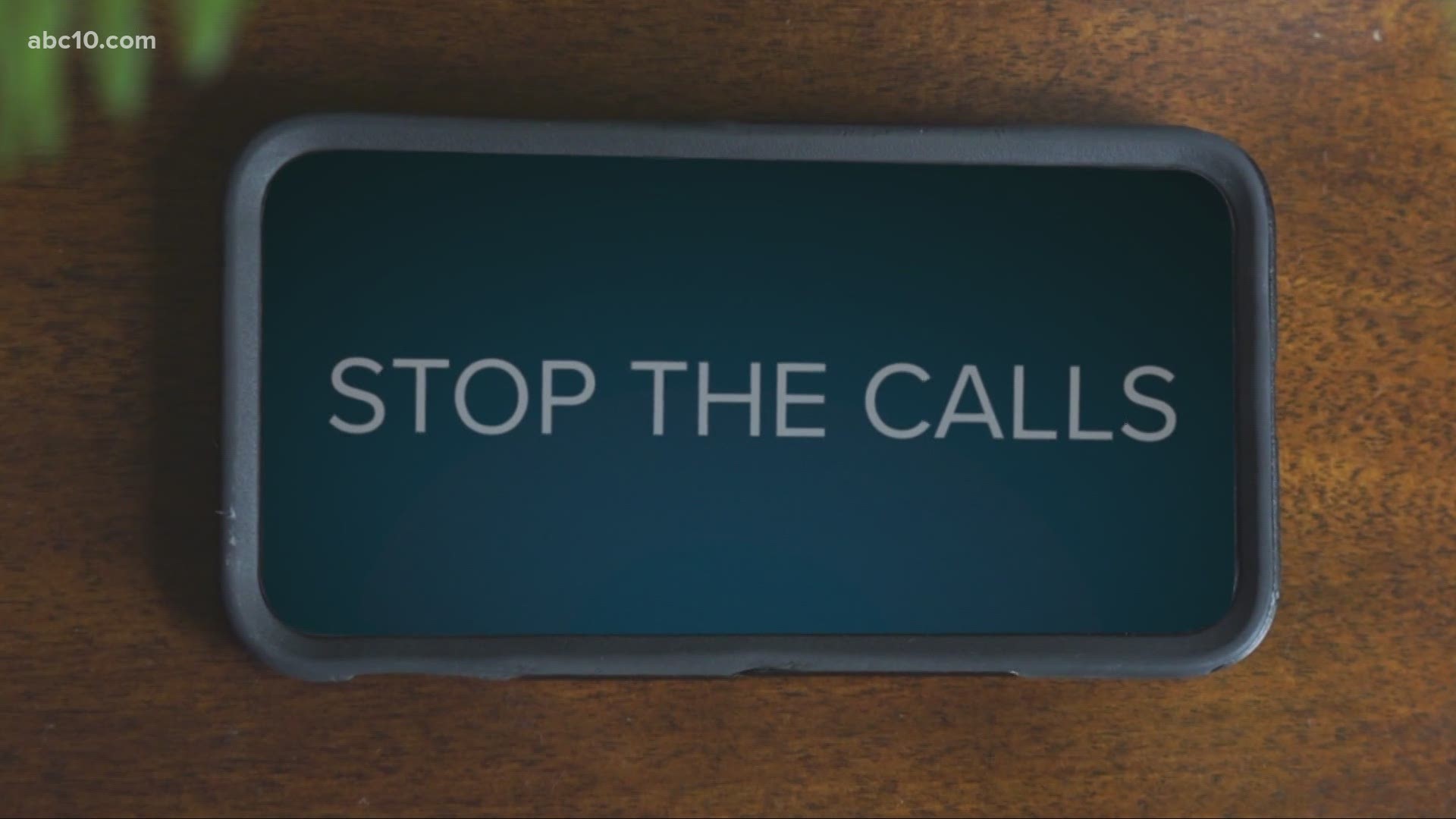SACRAMENTO, Calif. — Has this ever happened to you? You get a phone call, and while you don't recognize the number, it looks like it's coming from a local caller, or business, or government agency. So, you pick it up, only to find a robocaller on the other end.
It's called spoofing and it’s a popular trick of robocallers to try and get you to answer their call.
The Federal Communications Commission defines spoofing as “when a caller deliberately falsifies the information transmitted to your caller ID display to disguise their identity."
The FCC says "scammers often use neighbor spoofing so it appears that an incoming call is coming from a local number, or spoof a number from a company or a government agency that you may already know and trust. If you answer, they use scam scripts to try to steal your money or valuable personal information, which can be used in fraudulent activity.”
This is why it’s important to keep your guard up whenever you get an unexpected phone call.
Michael Self, a former robocaller, explains how a spoofing scam might work. “They will spoof a caller I.D. like they're from the IRS, and they will call you and tell you that you have an overdue tax bill of $7,000 and that there's a warrant out for your arrest for nonpayment of taxes,” Self said. “But you could settle it today for $500, pennies on the dollar. If you go ahead and send us the money today, we'll close this matter out.”
Is spoofing illegal?
While spoofing can be frustrating for people receiving the calls, it is not always illegal. FCC rules, under the Truth in Caller ID Act, make it illegal for anyone to send “misleading or inaccurate caller ID information with the intent to defraud, cause harm or wrongly obtain anything of value.”
People caught spoofing illegally face fines of up to $10,000 for each violation.
The FCC says legitimate reasons for spoofing include, “when a doctor calls a patient from her personal mobile phone and displays the office number rather than the personal phone number or a business displays its toll-free call-back number.”
How to avoid and report spoofing
If you think you’ve been targeted by a spoofing scam, you can report it to the FCC. Because spoofed calls manipulate your caller I.D. you might not be able to initially tell if the call is trustworthy or not. The FCC shares these tips to avoid spoofing:
- Don't answer calls from unknown numbers. If you answer such a call, hang up immediately.
- If you answer the phone and the caller - or a recording - asks you to hit a button to stop getting the calls, you should just hang up. Scammers often use this trick to identify potential targets.
- Do not respond to any questions, especially those that can be answered with "Yes" or "No."
- Never give out personal information such as account numbers, Social Security numbers, mother's maiden names, passwords or other identifying information in response to unexpected calls or if you are at all suspicious.
- If you get an inquiry from someone who says they represent a company or a government agency, hang up and call the phone number on your account statement, in the phone book, or on the company's or government agency's website to verify the authenticity of the request. You will usually get a written statement in the mail before you get a phone call from a legitimate source, particularly if the caller is asking for a payment.
- Use caution if you are being pressured for information immediately.
- If you have a voice mail account with your phone service, be sure to set a password for it. Some voicemail services are preset to allow access if you call in from your own phone number. A hacker could spoof your home phone number and gain access to your voice mail if you do not set a password.
- Talk to your phone company about call blocking tools and check into apps that you can download to your mobile device. The FCC allows phone companies to block robocalls by default based on reasonable analytics. More information about robocall blocking is available at fcc.gov/robocalls.



















